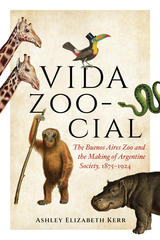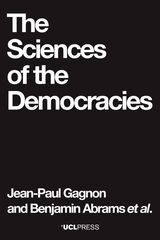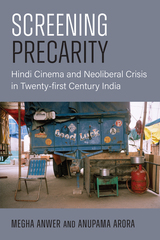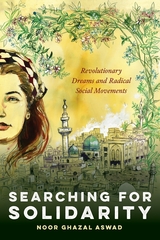
Best Nineteenth-Century Book Award, Latin American Studies Association Nineteenth-Century Section, 2021
Analyzing a wide variety of late-nineteenth-century sources, Sex, Skulls, and Citizens argues that Argentine scientific projects of the era were not just racial encounters, but were also conditioned by sexual relationships in all their messy, physical reality.
The writers studied here (an eclectic group of scientists, anthropologists, and novelists, including Estanislao Zeballos, Lucio and Eduarda Mansilla, Ramón Lista, and Florence Dixie) reflect on Indigenous sexual practices, analyze the advisability and effects of interracial sex, and use the language of desire to narrate encounters with Indigenous peoples as they try to scientifically pinpoint Argentina's racial identity and future potential.
Kerr's reach extends into history of science, literary studies, and history of anthropology, illuminating a scholarly time and place in which the lines betwixt were much blurrier, if they existed at all.

In Vida Zoo‑cial, Ashley Elizabeth Kerr argues that the Buenos Aires Zoo and its many animal species were a central tool in elites’ attempt to remake Argentinian society. By using the zoo’s physical spaces, programming, and advertising campaigns, elites tried to educate the masses, especially immigrants and the poor, without having to confront existing inequalities within Argentinian society. Drawing upon extensive archival research from the files of the zoo, including correspondence, municipal reports, receipts, and employment records, as well as a range of literary and popular culture sources, Kerr shows how elite intentions to use the zoo as a tool for social reform rarely went as planned. From attempts to enlist the zoo’s animals to demonstrate proper hygiene practices and social mores to modeling reproduction and motherhood, zoo visitors and the animals they went to see often served as foils to elite plans for social reform.
Vida Zoo‑cial is not only a story about how the poor and working class resisted elite efforts for social reform founded upon racialized beliefs and pseudoscience, but also one that challenges readers to rethink the relationship between humans and non‑humans.
READERS
Browse our collection.
PUBLISHERS
See BiblioVault's publisher services.
STUDENT SERVICES
Files for college accessibility offices.
UChicago Accessibility Resources
home | accessibility | search | about | contact us
BiblioVault ® 2001 - 2025
The University of Chicago Press









